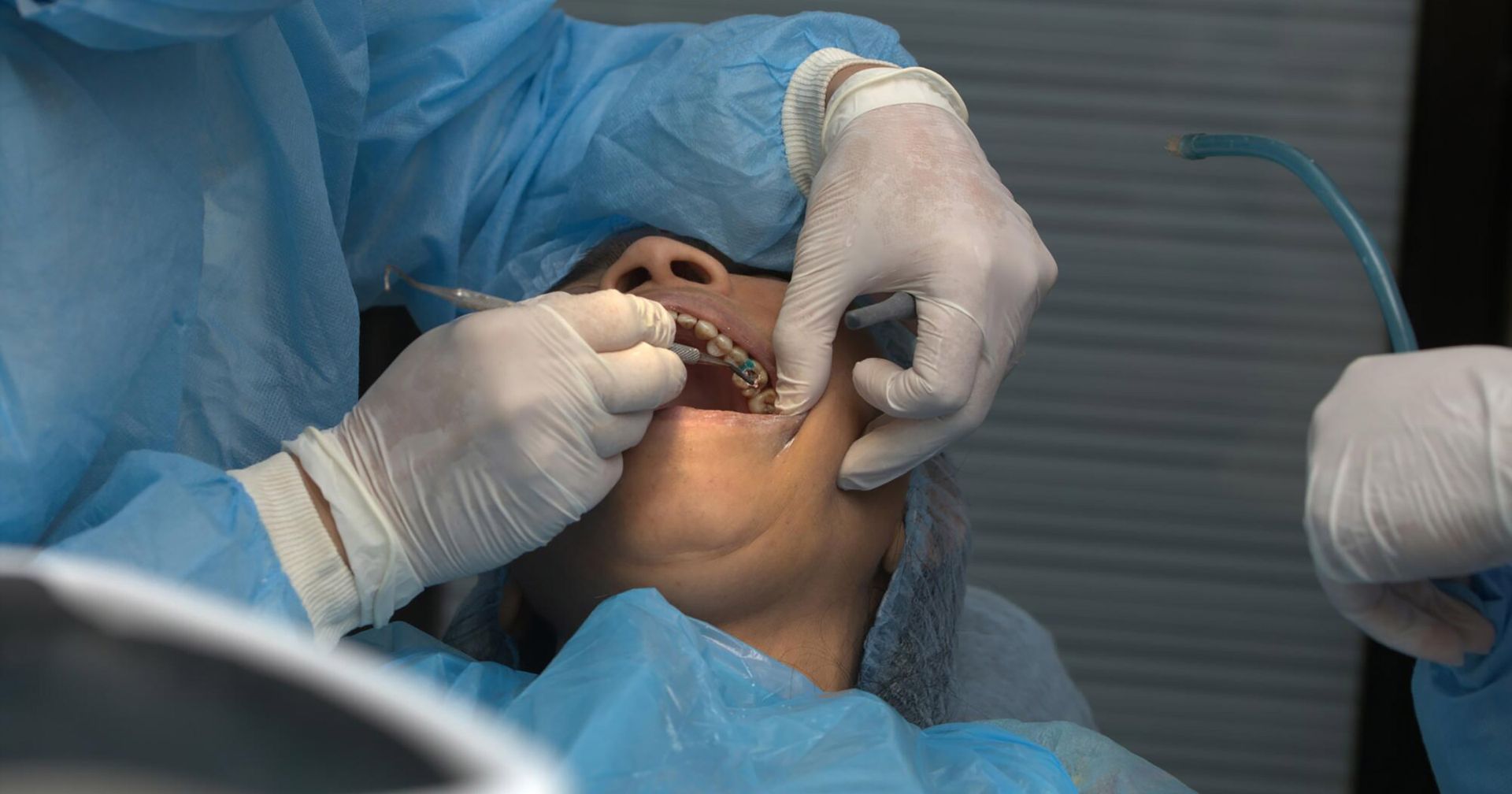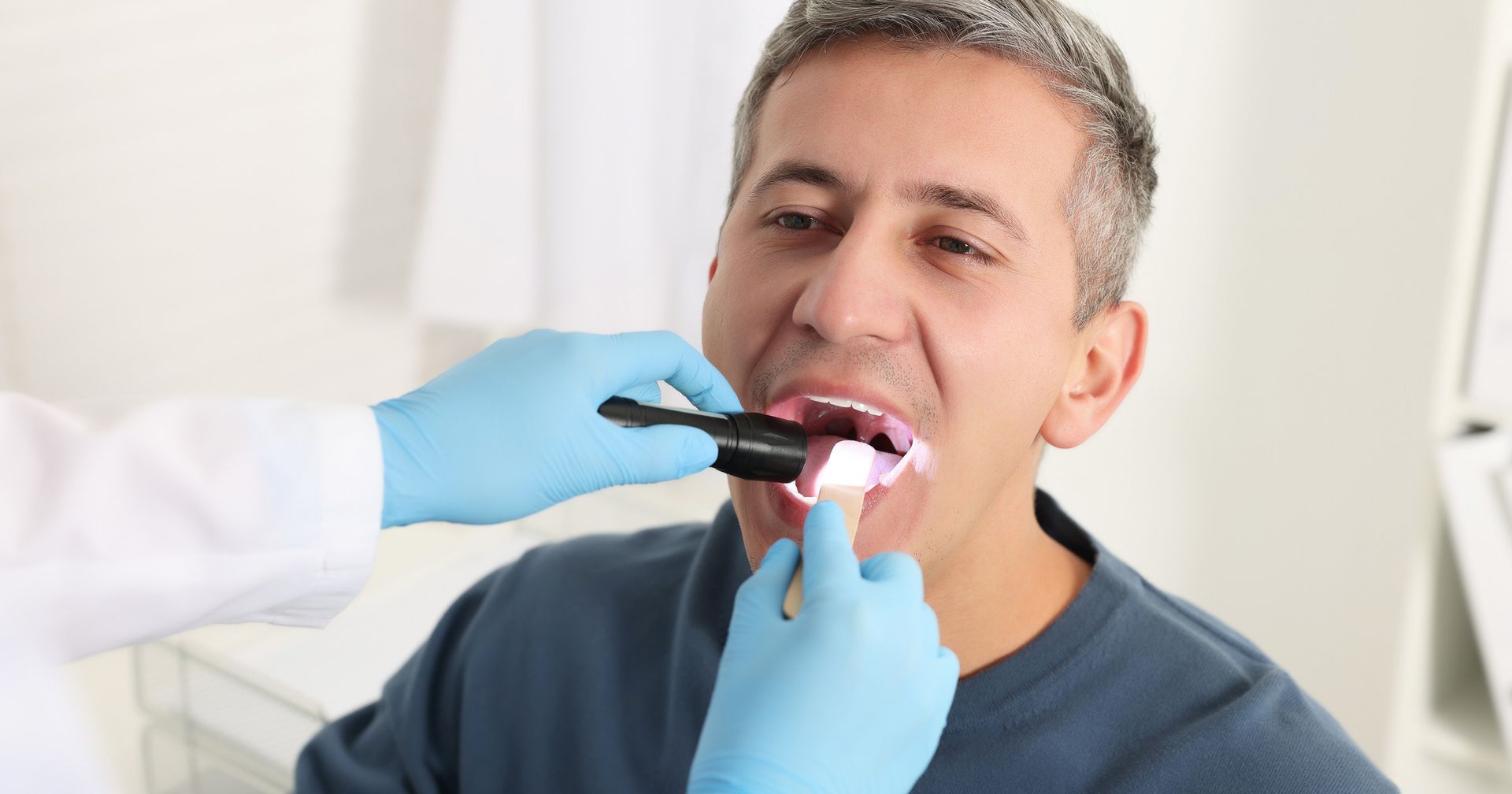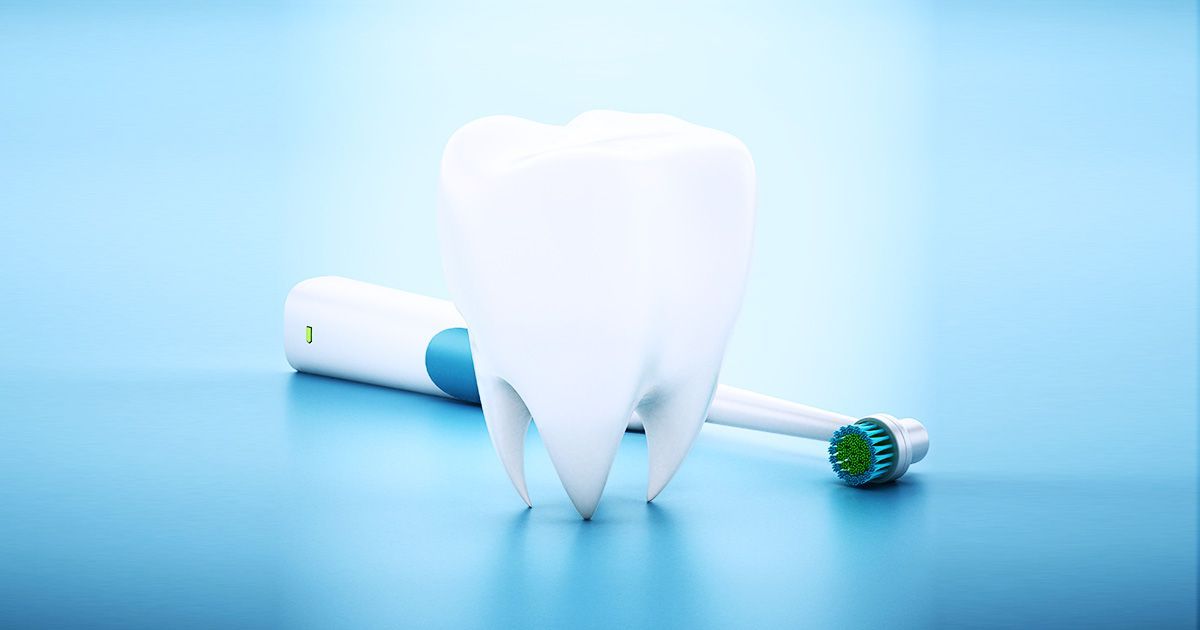The Root Canal Treatment Cost Guide
Are you getting ready for a root canal treatment and aren't sure how much to expect to pay? Here's a root canal treatment cost guide to help you out.
After months of painful and agitated teeth, you are finally getting ready to undergo root canal treatment. The only issue is that, as of yet, you're not really sure what the procedure is going to cost you.
Fortunately, you've come to the right place. Below, we're going to discuss the ins and outs of root canal treatment cost, helping you to see exactly what you're up against. Let's go!
What Is a Root Canal Treatment?
First, you might be wondering what a root canal treatment actually is. A root canal treatment is a procedure in which a dentist (or endodontist) removes the pulp from a tooth. In doing so, he or she prevents the spread of infection and stops pain in its tracks.
Root canal procedures are facilitated with the help of drills. The dentist drills through the top of the tooth, hollowing it out until all pulp has been eliminated. He or she then fills the tooth with a synthetic substance, allowing the tooth to live on both functionally and aesthetically.
This procedure is most commonly needed for those with cracks in their teeth. Note, though, that bad oral hygiene can lead to a root canal procedure as well.
As far as root canal treatment side effects go, there are only a few, and they tend to go away within a few days of the procedure. These include mouth pain, the feeling of an uneven bite, and swelling around the affected area.
How Much Does Root Canal Treatment Cost?
In truth, the cost of root canal treatment can vary wildly. Several factors dictate this procedure's cost, including the location of the tooth, the type of dental professional who carries it out, your location, and the amount of difficulty associated with the procedure.
Generally speaking, a root canal for a bicuspid tooth (positioned in the middle of the mouth) will cost you $800 to $1,200. A root canal for a front tooth will cost you $700 to $1,100. A root canal for a molar (back tooth) will cost you $1,200 to $1,800.
Note, though, that this is without dental insurance factored in. If you do, indeed, have dental insurance, it could cover anything from 25% to 50% to 100% of the cost. If you do have dental insurance, make sure to choose an in-network dentist.
Tooth Restoration Options
After your root canal has been performed, you will need to have your tooth restored. Otherwise, your tooth will possess a large hole and will be prone to extreme decay.
There are a few different restoration options after a root canal. They include the following.
Filling
In instances where decay is only minor, fillings can help to restore teeth after a root canal procedure. These are the same fillings you receive when you have cavities.
The cost of fillings? Anywhere from $50 to $250, depending on their placement and difficulty. Again, however, dental insurance will lower the overall cost.
Crown
In cases where decay is severe, you will need to have a crown inserted on top of your tooth. This is a synthetic substance that's held in place with adhesive. It helps preserve the aesthetic of the tooth.
Most dental crowns cost between $1,000 and $1,500. Again, though, dental insurance can help bring the price down.
Other Costs Associated With a Root Canal Procedure
Not only are there costs associated with the tooth restoration and the procedure itself but with a few other aspects of the process as well. We'll discuss these other aspects and their prices below.
X-rays
Generally speaking, x-rays are needed to determine whether a tooth really requires a root canal. With dental insurance, you'll likely be able to avoid x-ray costs. Without dental insurance, you should plan on paying between $25 and $150 for an x-ray.
Emergency Services
On rare occasions, root canals need to be performed on an emergency basis. When this is the case, you can expect costs to be higher. Additional costs can run anywhere from $25 to $500; there's a huge variation from one dental office to the next.
Anesthesia
Without anesthesia, a root canal procedure would be exceedingly painful. Anesthesia numbs the affected area, ensuring that it doesn't receive pain during treatment.
The cost of anesthesia? It generally runs between $200 and $500. Note, though, that insurance can knock this price down fairly substantially.
Pain Relief Medications
Once the procedure has finished, you're bound to feel a bit of pain or discomfort. This should subside within a few days. Note, however, that, in the meantime, it can take quite a toll on a person.
As such, it's wise to use pain relief medications in the days following a root canal procedure. Ibuprofen is a popular choice, though Tylenol can help as well. These shouldn't cost you any more than $5 to $10.
Do You Need a Root Canal?
Now, you might be wondering: do you actually need a root canal currently? Well, that depends.
Did you break or chip any of your teeth recently? Do you feel an aching pain coming from the affected tooth? If so, a root canal is more than likely needed.
Or, maybe you feel a chill in your tooth every time you down a cold beverage? Again, this could be a sign that you need a root canal procedure.
At the very least, these are signs that you need to see your dentist. He or she will be able to determine the sources of these signs and can then schedule a root canal if necessary.
Failure to have a root canal on an infected tooth can lead to the infection spreading into other teeth. This can cause rapid decay and could also be a little dangerous for you. So, if you're feeling regular pain, see a dentist as soon as possible.
Need a Root Canal in Bedford, New Hampshire?
Now that you know a thing or two about root canal treatment cost, you might be looking to get a root canal in Bedford, New Hampshire. If so, we here at Dental Arts of Bedford have you covered.
We provide dental work to patients of all ages. Whether you're a child, a teenager, an adult, or a senior, we have you covered.
Contact us today to schedule an appointment!













